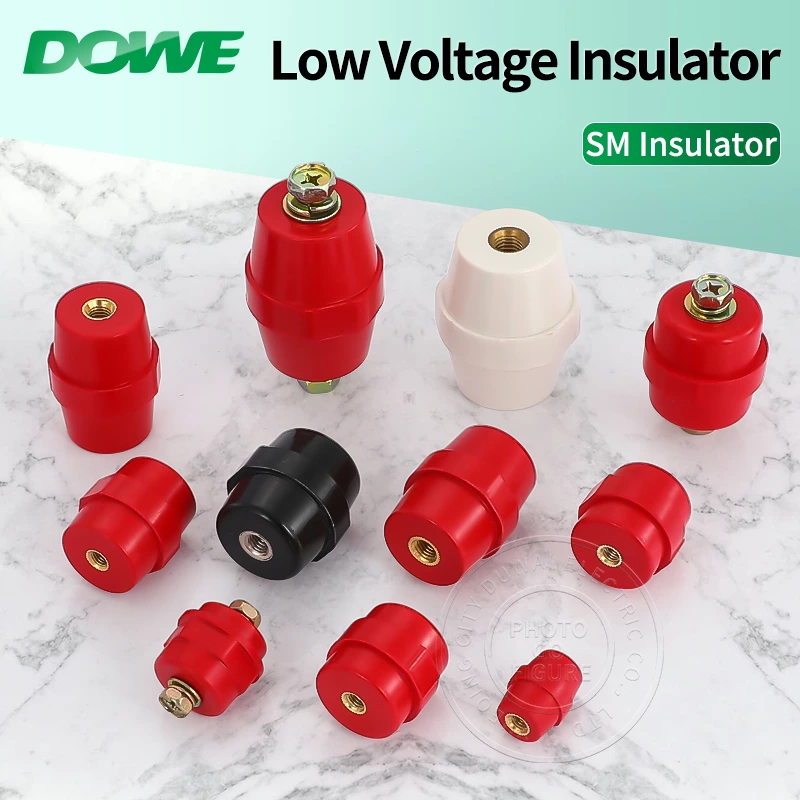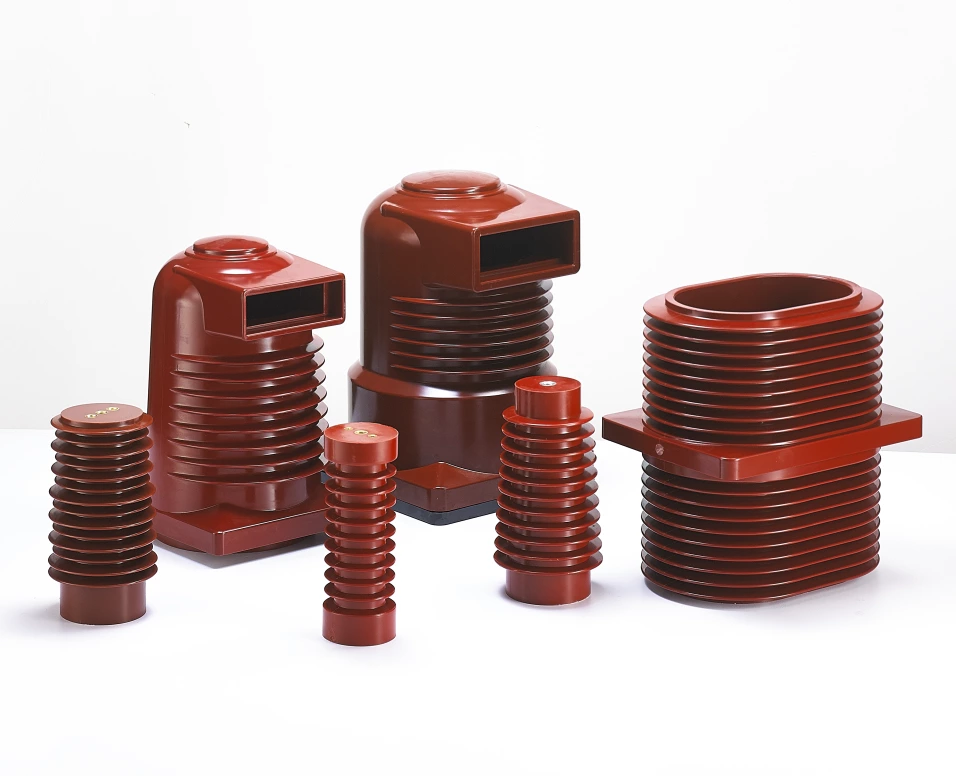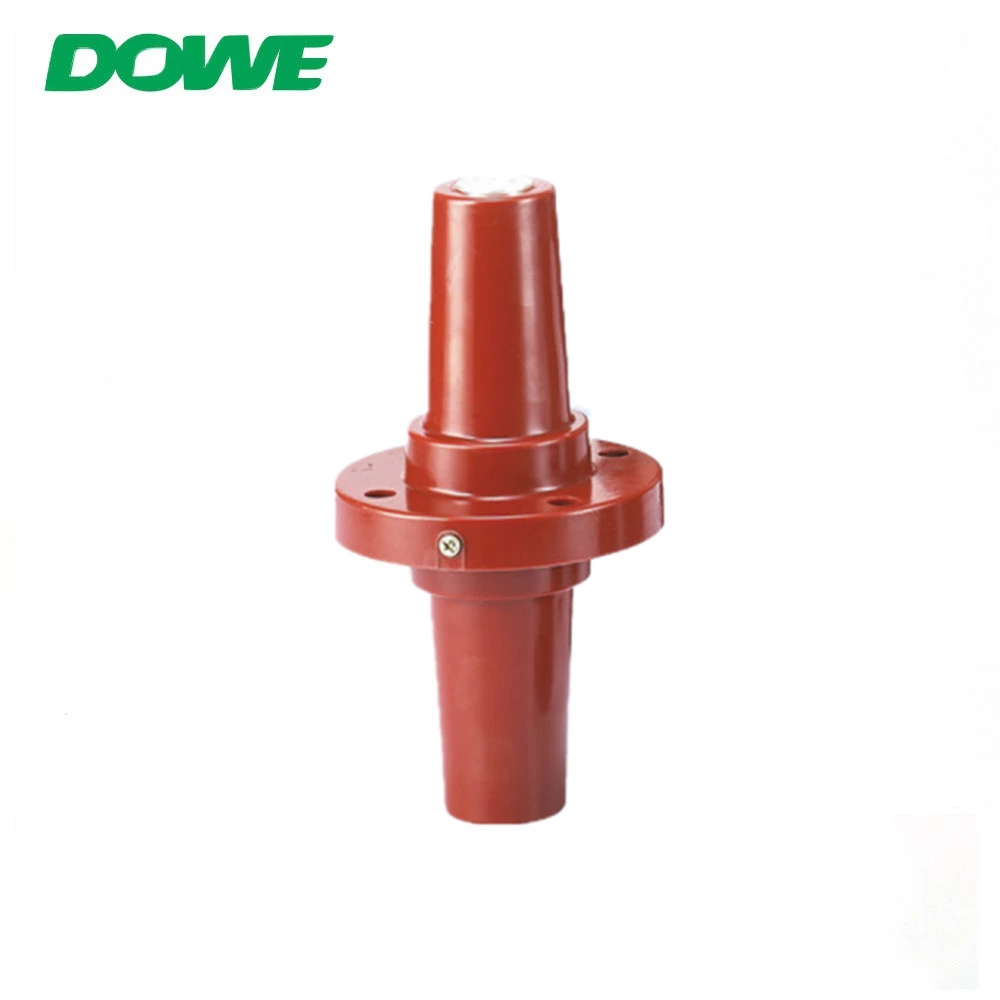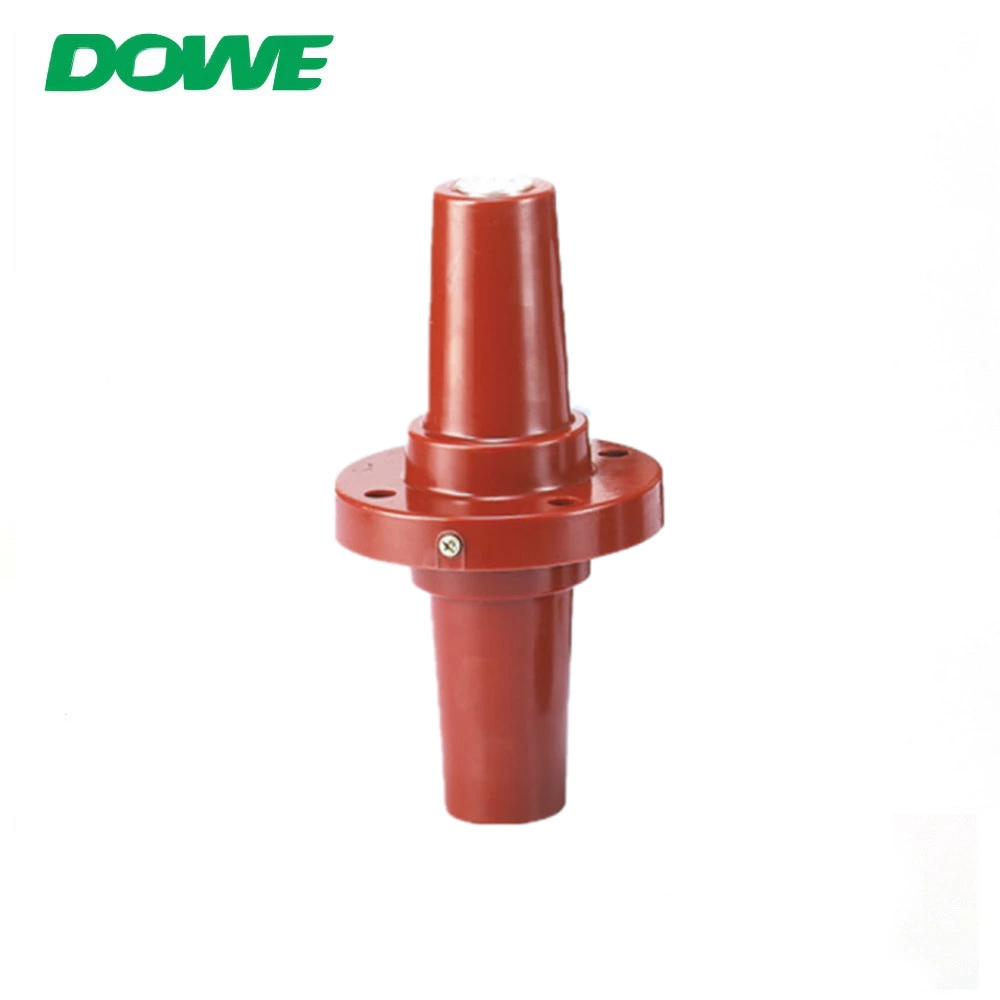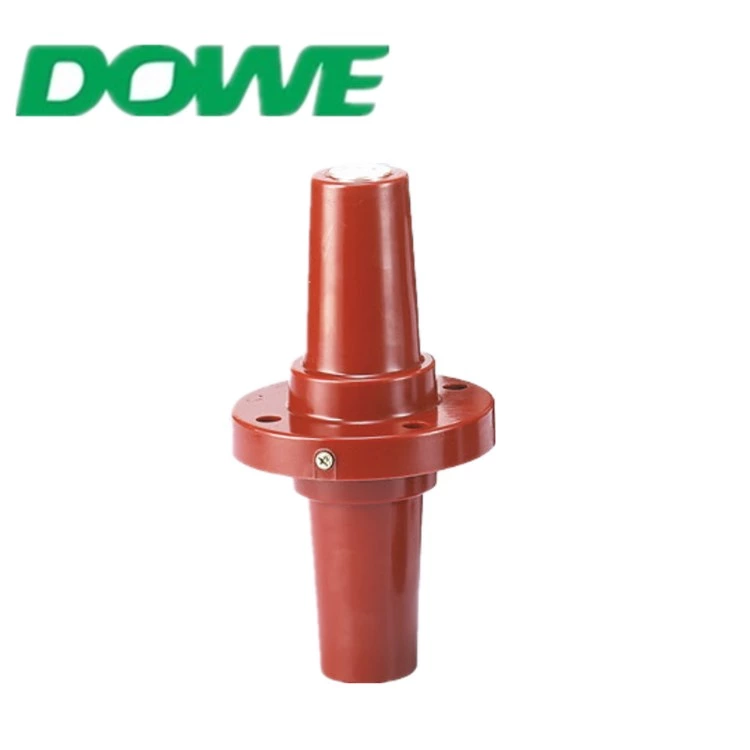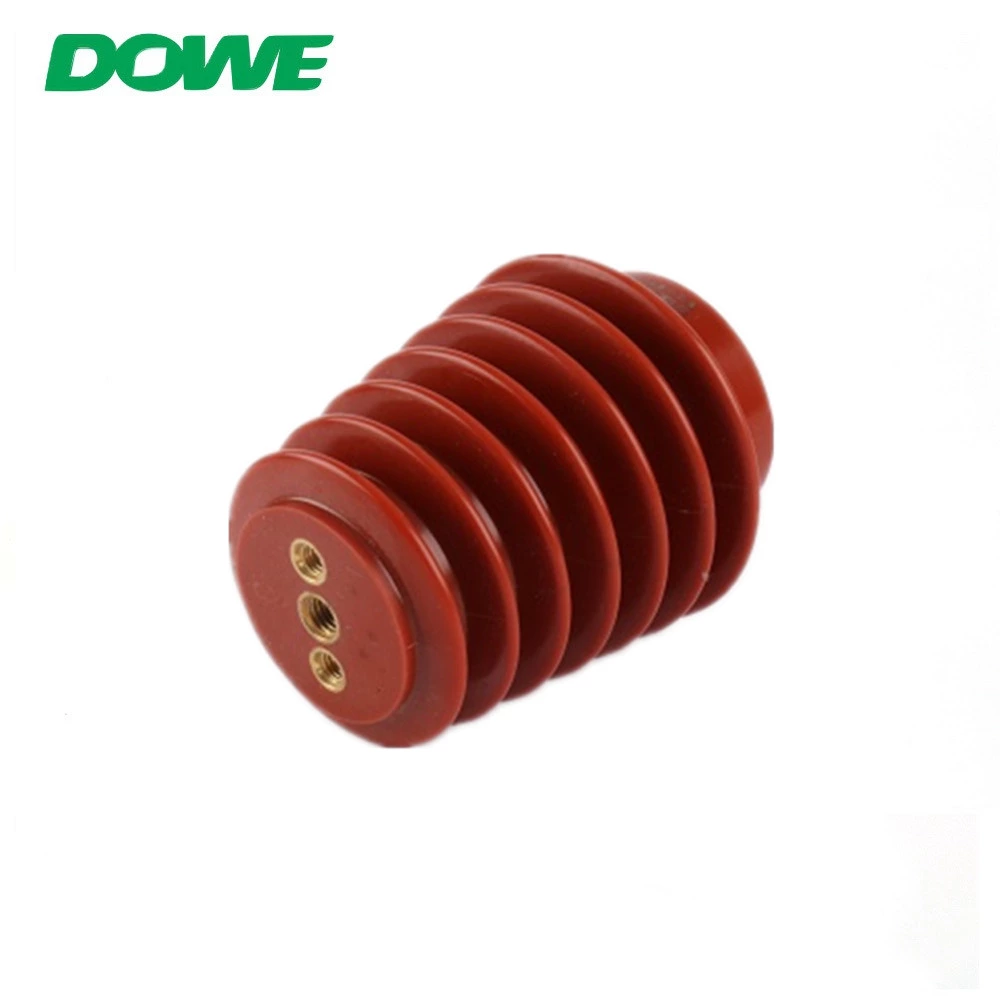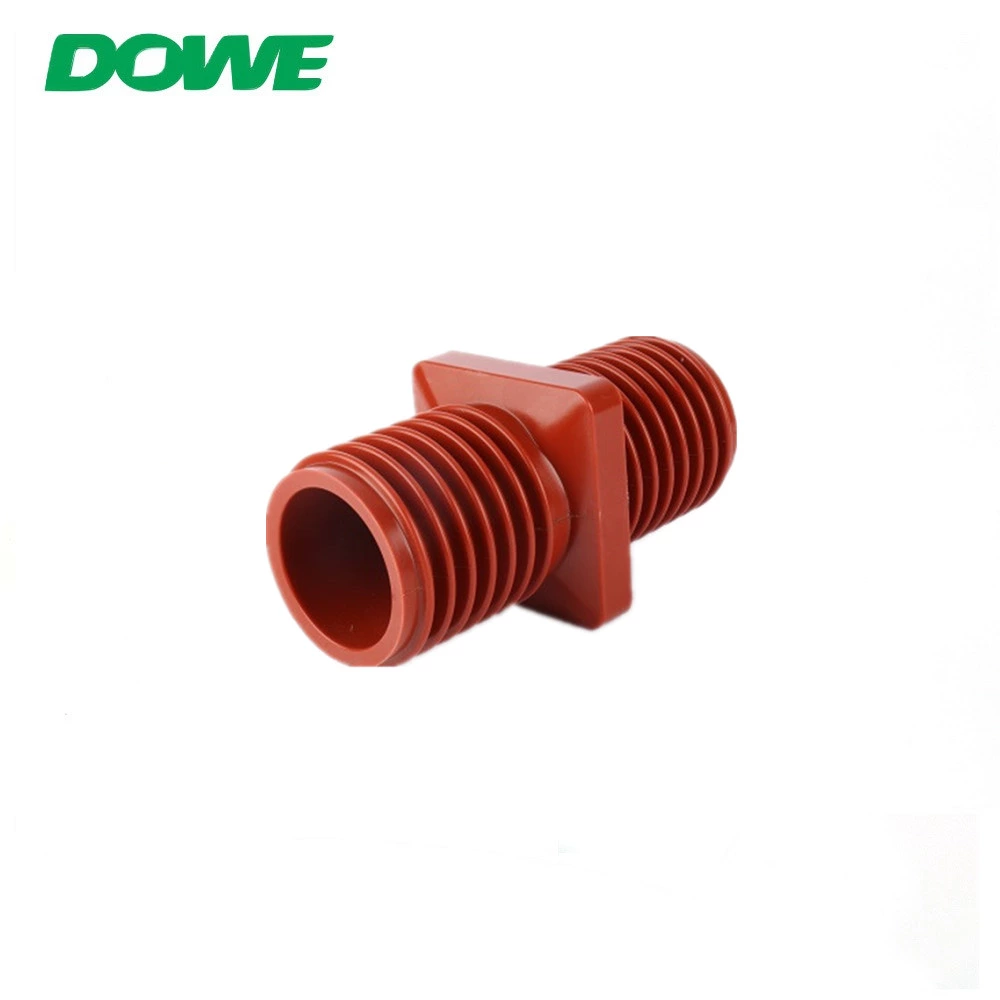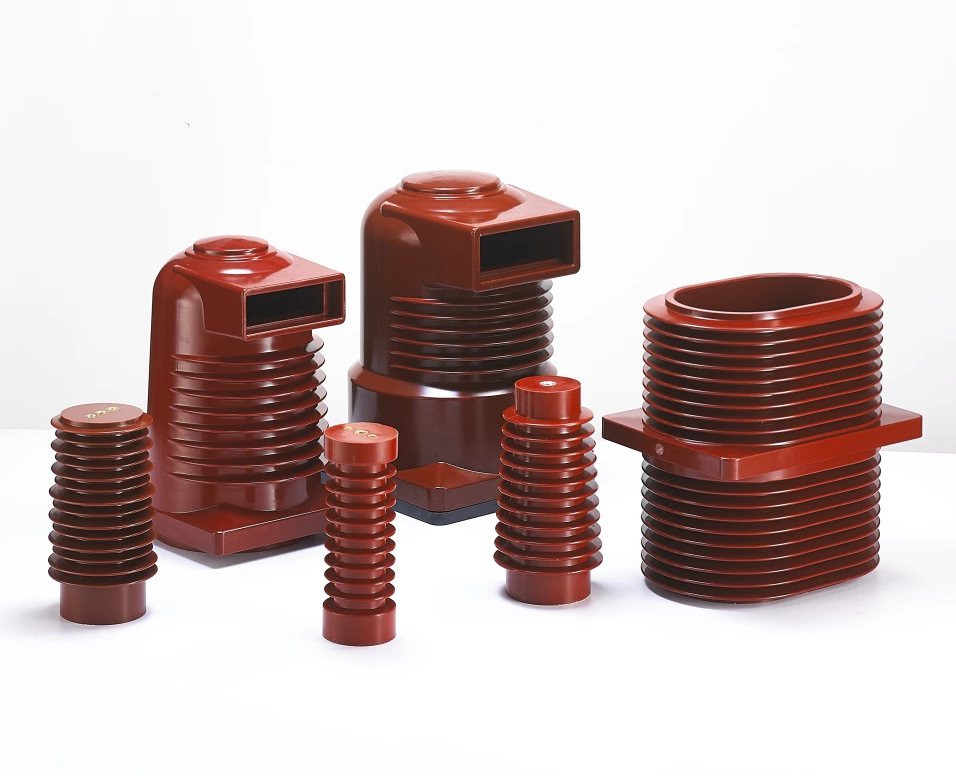Why Are Busbar Insulators an Important Part of High-Voltage Systems?

Electrical system failures can be costly and dangerous. Often, the root cause is overlooked: poor-quality or mismatched busbar insulators. Choosing the right insulator can prevent disasters and ensure efficient power transmission.
Busbar insulators are crucial for maintaining safety and efficiency in high-voltage systems. They provide insulation, support, and reliability to critical electrical components.
The implications of insulator choice are often underestimated. This article explores their importance, impact on performance, and tips for selecting the right type for your system.
[Table of contents]
- How Do Busbar Insulators Support High-Voltage Systems?
- What Are the Risks of Using Low-Quality Insulators?
- How to Choose the Right Busbar Insulators for Your Project?
- Conclusion
How Do Busbar Insulators Support High-Voltage Systems?
High-voltage systems operate under intense electrical loads, making insulation critical. Busbar insulators play a dual role in supporting structural stability and providing necessary electrical insulation to prevent energy loss and hazards.
Busbar insulators isolate electrical conductors and prevent energy leakage or dangerous short circuits.
Insulators must withstand extreme conditions, including heat, pressure, and environmental stressors. Poor-quality insulators can lead to energy loss, equipment damage, or system failures.
Learn more about busbar insulators1.
Types of Busbar Insulators
| Type | Material | Application |
|---|---|---|
| Porcelain | Ceramic-based | High-voltage outdoor systems |
| Composite | Polymer-based | Lightweight, versatile, corrosion-resistant |
| Epoxy Resin | Synthetic resin | Compact systems with space constraints |
Each material has unique properties suitable for specific conditions. Explore insulator materials2.
What Are the Risks of Using Low-Quality Insulators?
Cutting costs with low-quality insulators may seem economical, but it can lead to severe risks. Common issues include overheating, equipment breakdown, and even electrical fires.
Using substandard insulators increases the likelihood of system failure, safety hazards, and higher maintenance costs.
Regular maintenance and quality checks are critical to identify early signs of insulator degradation. For instance, cracks or surface erosion can compromise the system's insulation properties. Understand the risks of low-quality insulators3.
Ensuring Quality Control
High-quality insulators often come with certifications that meet international standards. Testing for dielectric strength, thermal resistance, and mechanical stability ensures reliability. Check certifications for insulators4.
How to Choose the Right Busbar Insulators for Your Project?
Selecting the right insulator involves considering factors like voltage level, environmental conditions, and material durability. A mismatched insulator can disrupt the system and lead to inefficiencies.
Key factors in choosing busbar insulators include voltage rating, environmental resilience, and material compatibility with the application.
Work with reliable suppliers to ensure compliance with industry standards. Request technical drawings and samples for testing to verify their suitability for your system.

Steps to Make an Informed Decision
- Assess System Requirements: Understand voltage levels and environmental factors.
- Review Certifications: Ensure products meet global safety standards.
- Request Samples: Test insulators for dielectric and mechanical properties. Learn how to test dielectric strength5.
Conclusion
Busbar insulators are the backbone of high-voltage systems, ensuring safety and operational efficiency. Selecting the right insulator mitigates risks and optimizes system performance.
Footnotes
-
To understand the critical role busbar insulators play in high-voltage systems and their applications. ↩
-
To explore the properties of different insulator materials and their specific applications. ↩
-
To highlight the potential dangers and costs of using substandard insulators in electrical systems. ↩
-
To provide insights on international standards for high-quality insulators and their importance. ↩
-
To explain how testing ensures insulator reliability and safety in high-voltage environments. ↩
